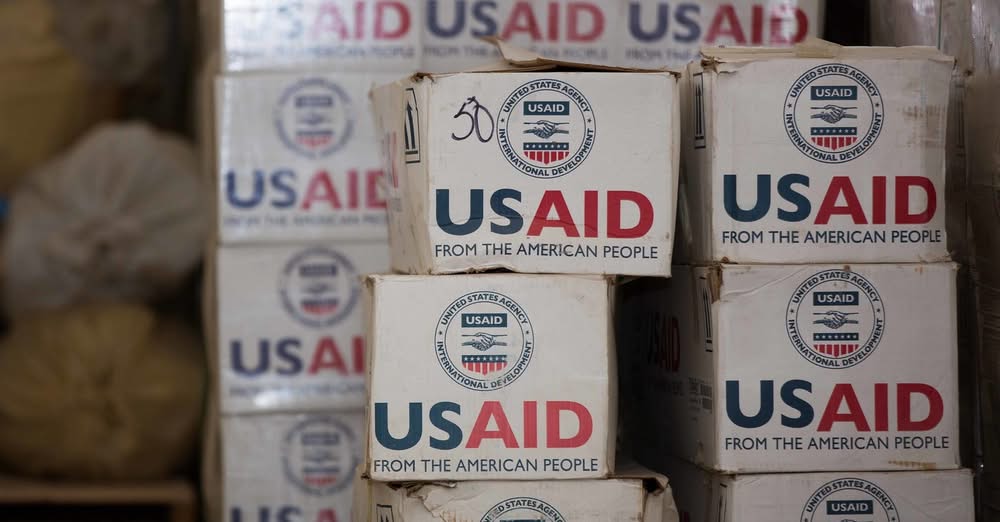Recent cuts to US global health aid are creating a funding crisis for 26 low- and middle-income countries (LMICs), a new analysis by the Center for Global Development warns. The US, the world’s largest global health donor, provides an estimated $12.4 billion annually, with $8.5 billion allocated as bilateral aid. The sudden reduction in funding threatens essential health services, including HIV treatment, tuberculosis care, and maternal health interventions.
The analysis identifies 37 LMICs where US health assistance accounts for at least 10% of government health expenditure. Among them, 26 countries—home to a combined population of 1.38 billion—are classified as both highly dependent on US funding and fiscally constrained, making them unable to compensate for the shortfall. Afghanistan, Somalia, South Sudan, and Malawi are among the worst affected, with US funding surpassing 200% of their domestic health budgets.
With other major donors also scaling back, experts stress the urgency of alternative solutions. Potential responses include mobilising domestic resources, increasing emergency aid from other donors, and accelerating philanthropic funding. However, long-term structural changes are needed to build a more resilient global health financing system less vulnerable to geopolitical shifts.


